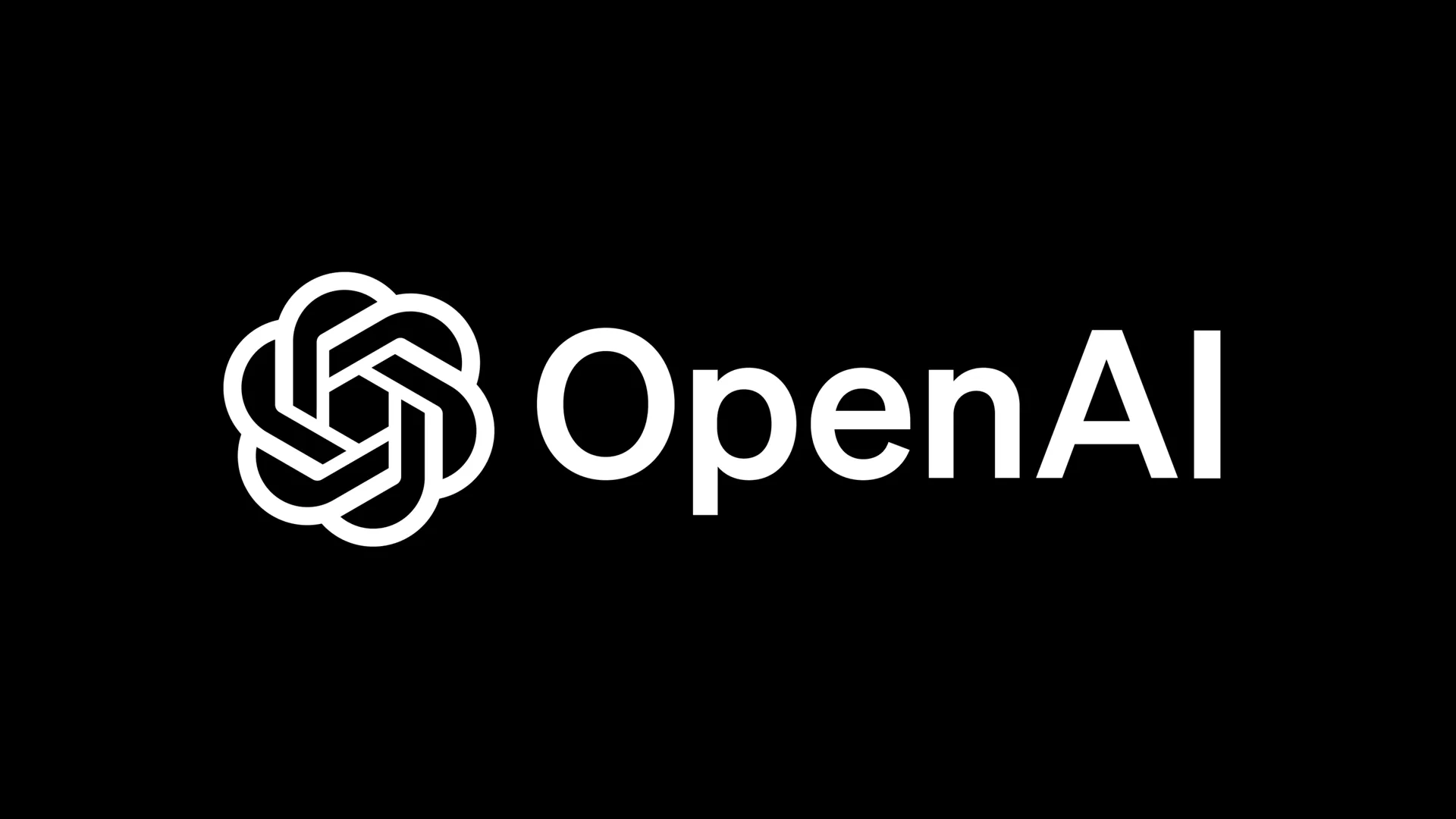Plans are being rolled out for a €1 billion data centre in Germany to bolster Europe’s AI infrastructure, with Nvidia and Deutsche Telekom set to co-fund the project.
The facility is expected to serve enterprise customers, including SAP SE, Europe’s largest software company, and to deploy around 10,000 advanced chips known as graphics processing units (GPUs).
While significant for Europe, the build is modest compared with gigawatt-scale sites elsewhere, highlighting the region’s push to catch up with US and Chinese capacity.
An announcement is anticipated next month in Berlin alongside senior industry and government figures, with Munich identified as the planned location.
The move aligns with the EU efforts to expand AI compute, including the €200 billion initiative announced in February to grow capacity over the next five to seven years.
Would you like to learn more about AI, tech and digital diplomacy? If so, ask our Diplo chatbot!










